Japan’s wastewater release can cause marine catastrophe, warns expert
Japan’s planned release of radioactive wastewater from the ruined Fukushima nuclear plant into the sea has sparked concern and fear, with experts warning that it could lead to a global marine catastrophe.
Kenichi Oshima, professor of policy science at Japan’s Ryukoku University, has cast doubts on the government's ability to decommission reactors at the Fukushima nuclear plant in only thirty years.
"What the Japanese government is desperately trying to do is to take out the nuclear residue, or the mixture of melted nuclear waste and cement, which is the most radioactive waste,” he was quoted as saying the China Central Television on Sunday.
“But the stored nuclear-contaminated water is affecting the operation, so it needs to be disposed of and discharged. However, it's absolutely impossible to take out the nuclear residue in 30 years. [What the Japanese government is doing] is to achieve an impossible goal, and will cause a series of mistakes.”
Japan announced last April that it had decided to release the toxic water over several decades into the Pacific Ocean, despite strong opposition from neighboring countries, China and South Korea.
The plant's operator, Tokyo Electric Power Company Holdings (TEPCO), and Japanese government officials are using a complex filtration process to release the water into the ocean, now stored in more than 1000 huge storage tanks at the plant site.
Japanese professor said the release of contaminated water was a “hasty decision” made after the accident, calling it “substantially irrational."
The decision has angered local fishermen as the water release will undo years of hard work to rebuild consumer confidence in their seafood.
Oshima emphasized that the discharge will affect the global marine ecological environment while damaging the fishing ground that local fishermen depend on.
"I don't think it's surprising that people don't want to buy fish and seafood from the area around Fukushima," he asserted.
Neighboring countries have opposed the plan, calling it “extremely irresponsible”, and accusing Japan of reaching the decision “without regard for domestic and foreign doubts and opposition”.
Seo Sam-seok of South Korea’s Democratic Party on Monday urged cooperation with neighboring countries to tackle Japan's plan to dump more than 1 million tons of contaminated water into the sea.
"The contaminated water released into the ocean will spread across the entire Pacific Ocean in 10 years and affect almost all of our sea. Marine pollution will be inevitable, so the government and the political circle should proactively act for the safety of people," Seo told a forum.
South Korea’s President-elect Yoon Suk-yeol, who is set to take over on May 10, has also spoken about sternly dealing with the issue, a local daily JoongAng Ilbo reported, citing the presidential transition committee.
On March 11, 2011, a magnitude-9 earthquake triggered a devastating tsunami that inflicted heavy damage on the six-reactor Fukushima Daiichi nuclear power plant.
The cooling systems of the plant’s reactors were knocked out, leading to meltdowns and the release of radioactive radiation into the air, soil, and sea.
The incident, considered the world’s worst nuclear accident since the Chernobyl nuclear disaster in 1986, also led to the evacuation of 160,000 people from areas near the power plant.
Hamas confirms handing approval of Gaza ceasefire deal to mediators
VIDEO | Iran: Show of strength
UNRWA will ‘stay, deliver’ aid to Palestinians despite Israel’s ban: Lazzarini
Explainer: What makes Iran's Rezvan and Raad loitering munitions prized assets?
VIDEO | Unseen agony: Missing loved ones of genocide in Gaza
Iran cuts gold import tariff to zero
Pezeshkian: Iran determined to develop, boost ties with neighbors
VIDEO | Israel, Hamas ceasefire agreement: Closer than ever


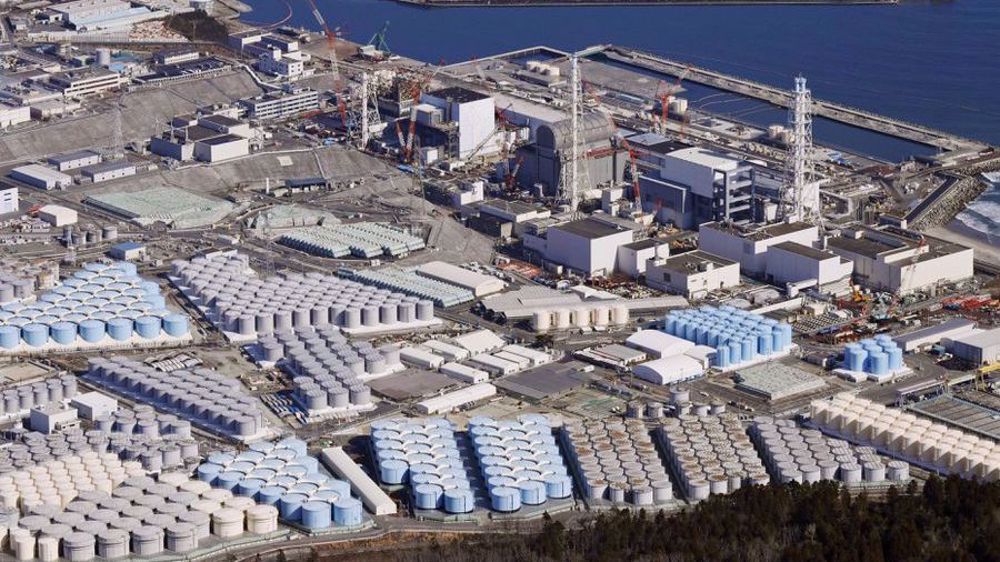
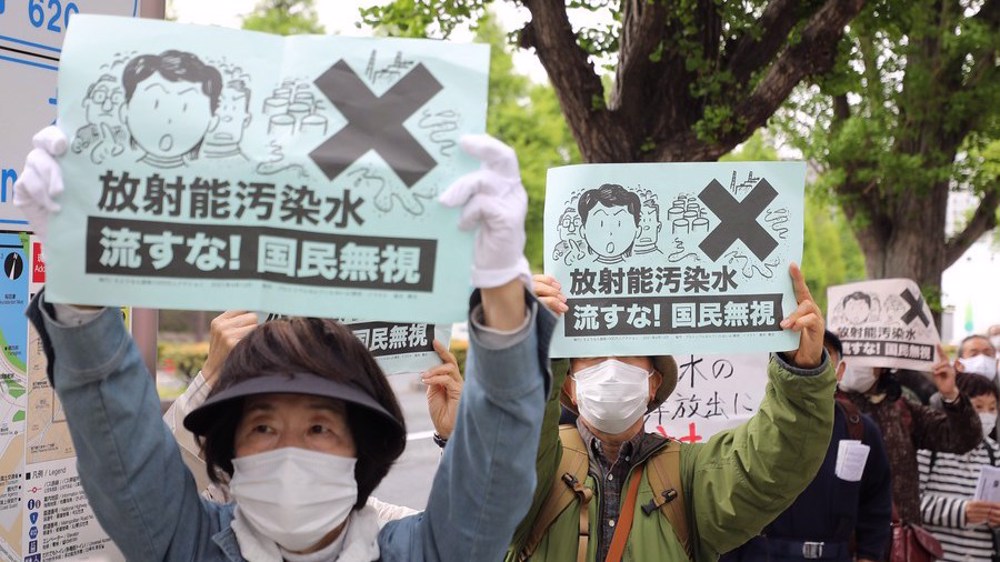
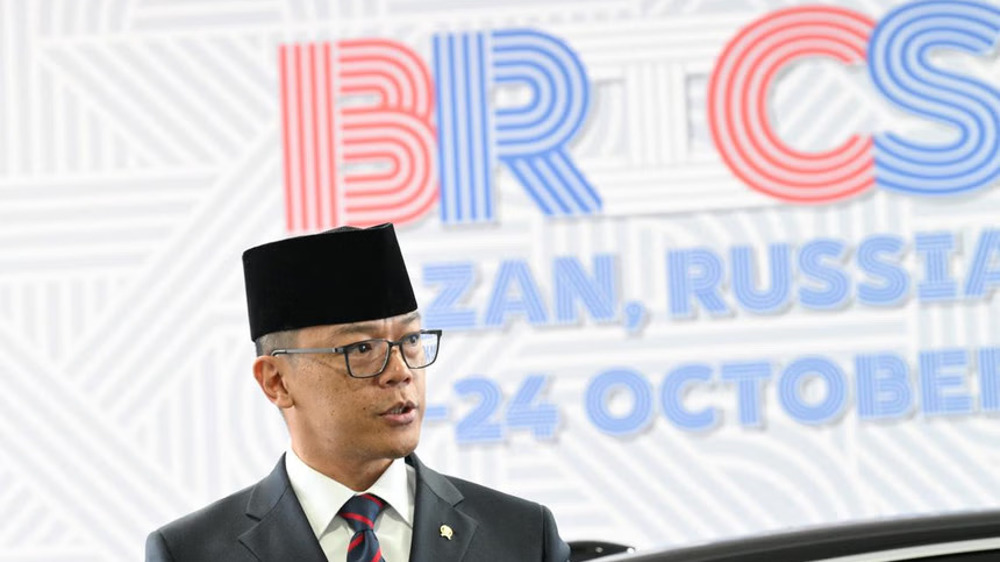

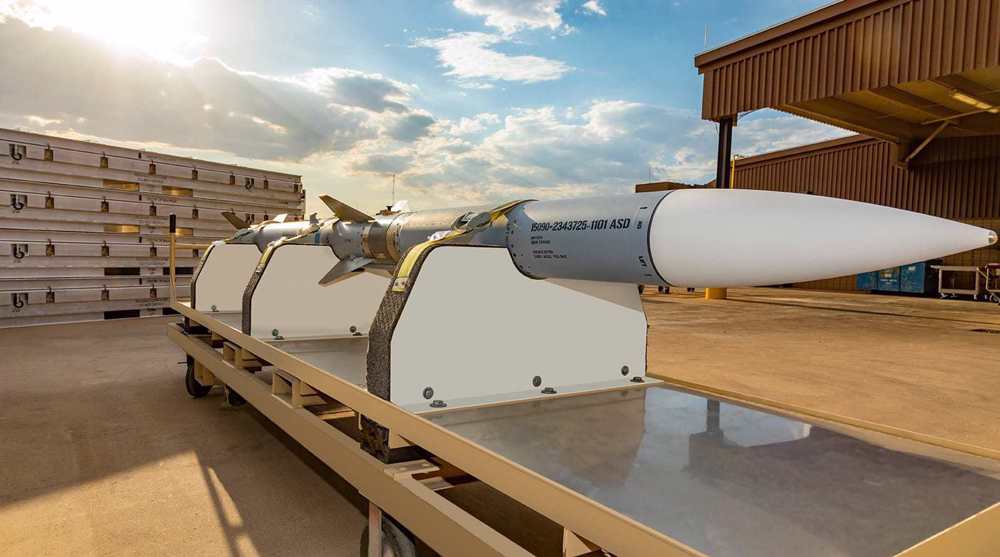



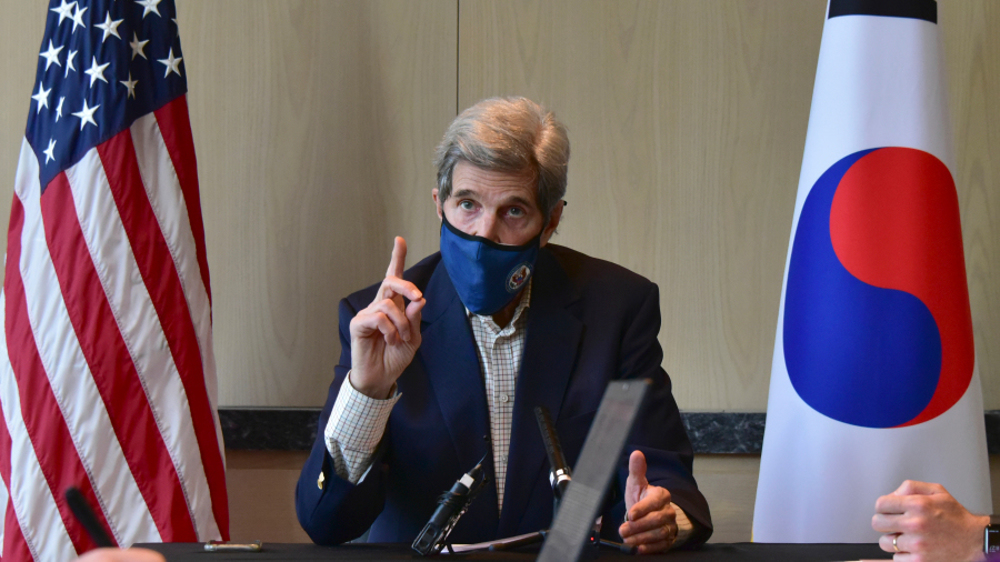
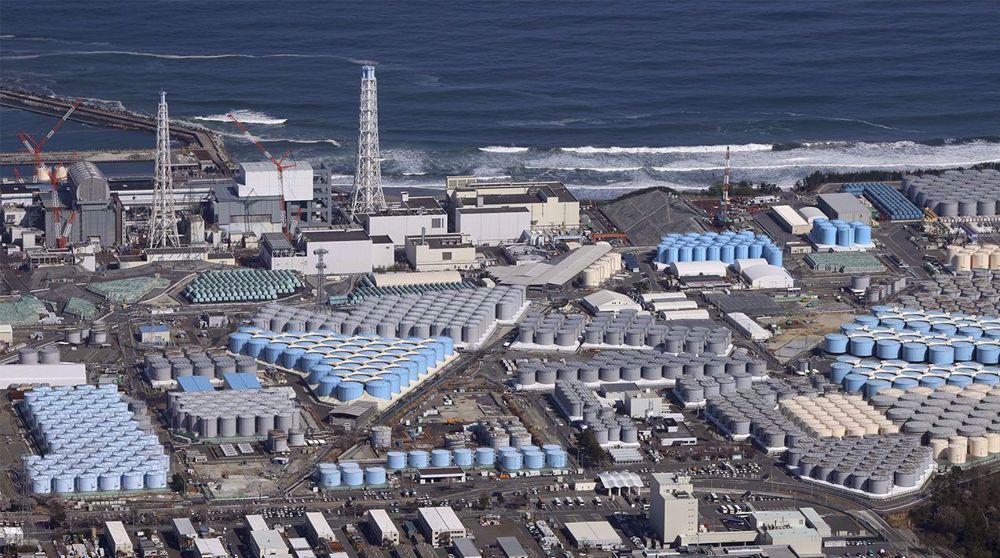
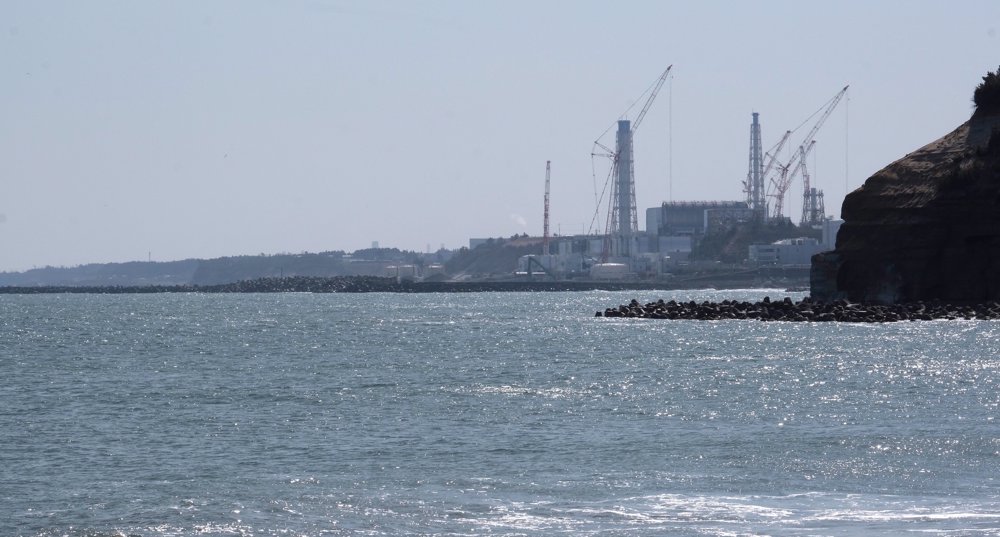
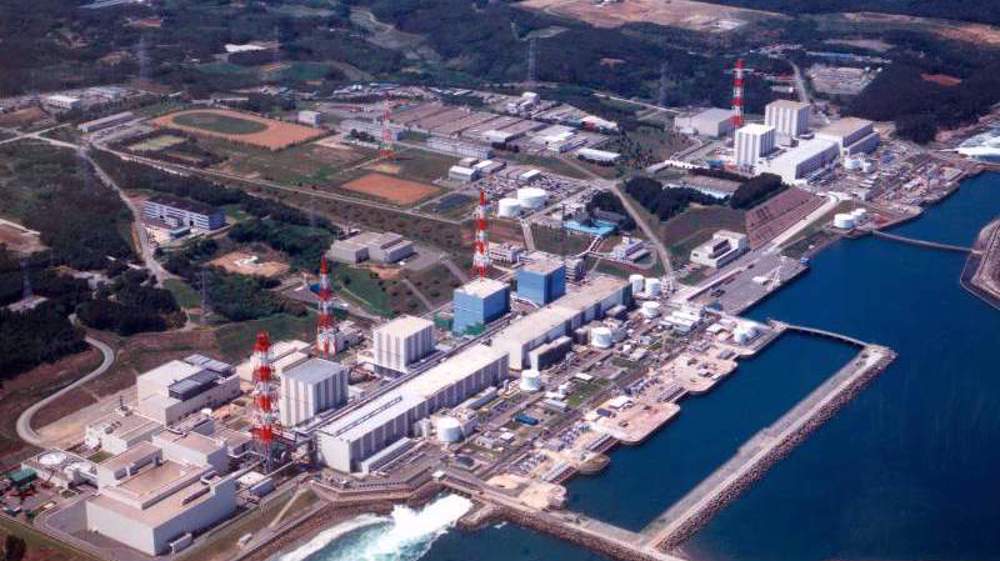
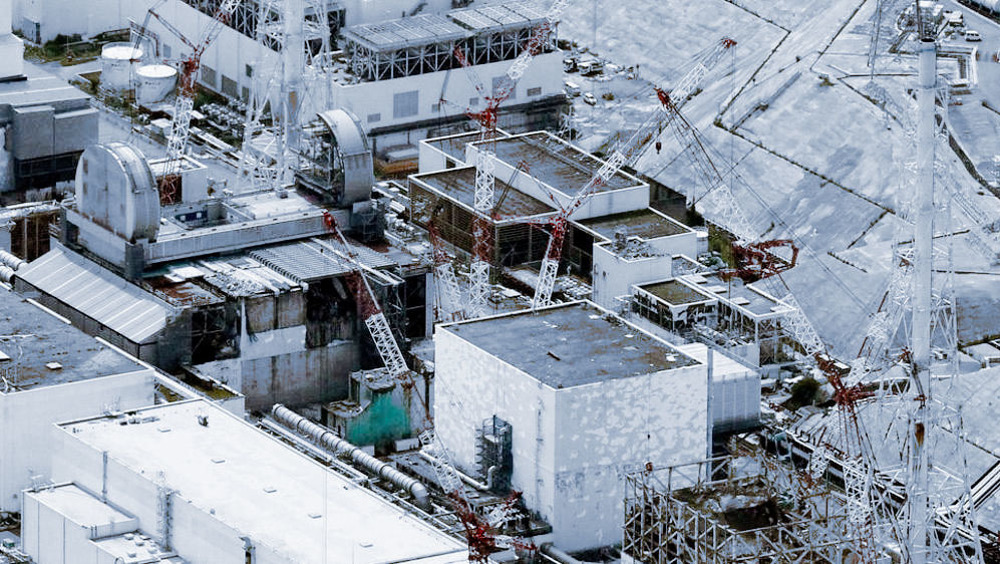

 This makes it easy to access the Press TV website
This makes it easy to access the Press TV website